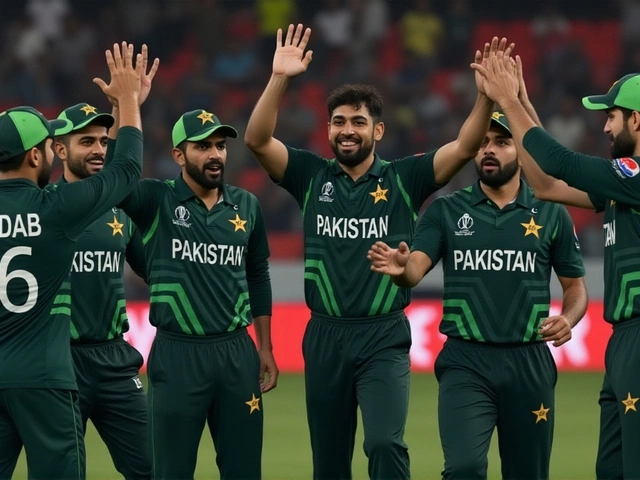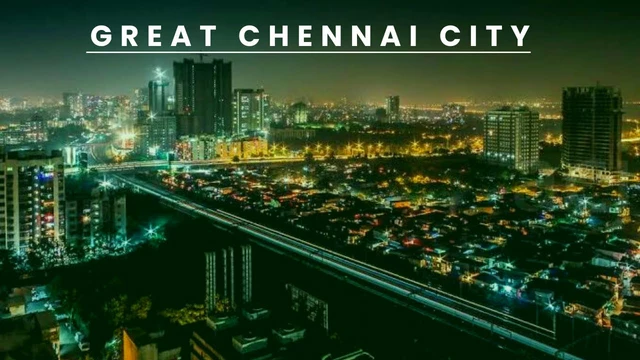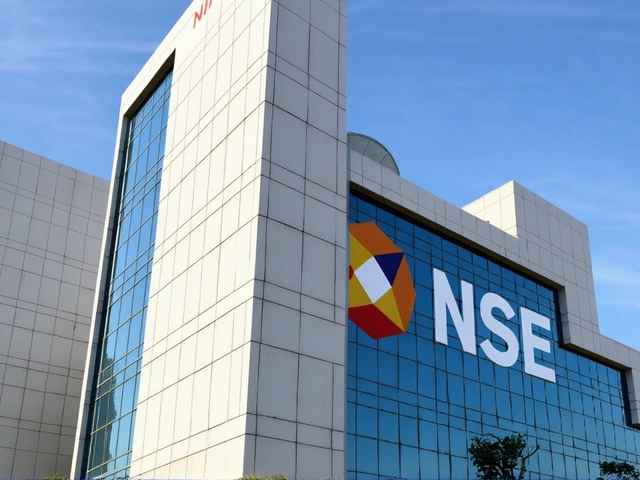The Heart of India: Delhi
If we look at India, one of the key jewels in its crown is the city of Delhi. Located in the northern part of the country, Delhi is not just a city but a symbol of India's rich history and vibrant culture. It serves as the political hub of the country, housing the Indian Parliament and numerous government offices. It is a place where tradition and modernity coexist, giving it a unique charm that is hard to find elsewhere. Delhi is a city that never sleeps and is always bustling with activity. It is a city that welcomes everyone with open arms and offers something for everyone.
Delhi: The Political Epicenter
Delhi, being the capital of India, plays a pivotal role in its political scenario. It is home to the President's residence, the Parliament House, and offices of numerous government ministries and departments. Decisions taken in these power corridors affect not only the 29 states of India but also have significant international implications. Political rallies, protests, and debates are a common sight here, reflecting the city's active political landscape. It is in Delhi where policies are drafted, laws are enacted, and the future course of the nation is decided.
Delhi's Rich Historical Significance
Delhi's history is as old as the epic Mahabharata, where it was known as Indraprastha. Over the centuries, it has been ruled by several dynasties, each leaving its imprint on the city's culture and architecture. The city's historical monuments, including the Red Fort, Qutub Minar, and Humayun's Tomb, are a testament to its rich heritage. These sites serve as a window to India's past and tell stories of its glorious history. They attract millions of tourists each year, making Delhi an important historical and cultural hub.
Delhi's Economic Importance
Delhi is not just a political and historical hub, but also a major economic center. It is one of the largest commercial hubs in northern India with industries ranging from information technology, telecommunications, and banking to media and tourism. Delhi's bustling markets like Chandni Chowk, Karol Bagh, and Sarojini Nagar are famous for their variety of goods and attract shoppers from all over the country. The city's strategic location also makes it an important trade and transport hub. Moreover, the city contributes significantly to the national GDP, making it an economic powerhouse.
Delhi: The Cultural Melting Pot
Delhi is a melting pot of diverse cultures and traditions. It is home to people from different regions, religions, and social backgrounds, making it a microcosm of India. This diversity is reflected in the city's cuisine, festivals, music, and language. From the spicy street food of Old Delhi to the grand celebrations of Diwali and Holi, Delhi offers a rich cultural experience. The city's numerous museums and art galleries also showcase its cultural richness and attract art lovers from all over the world.
Delhi's Role in Education and Research
Delhi is a major center for education and research in India. It is home to some of the country's top universities, colleges, and research institutions. Thousands of students from across the country and abroad come to Delhi for higher education. Institutions like the University of Delhi, Jawaharlal Nehru University, and the Indian Institute of Technology are renowned for their academic excellence and research contributions. Moreover, the city's numerous libraries, including the National Library, provide a vast resource for scholars and researchers. Therefore, Delhi plays a crucial role in shaping the country's intellectual discourse and academic future.





